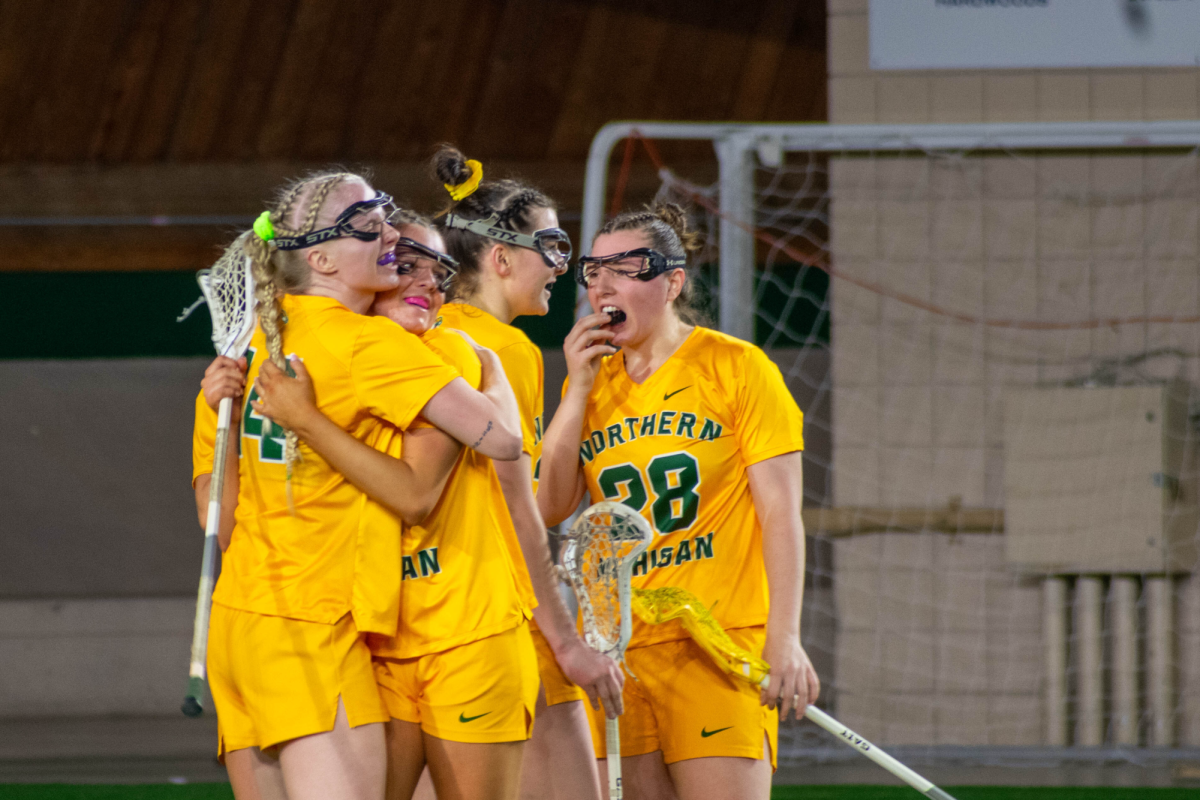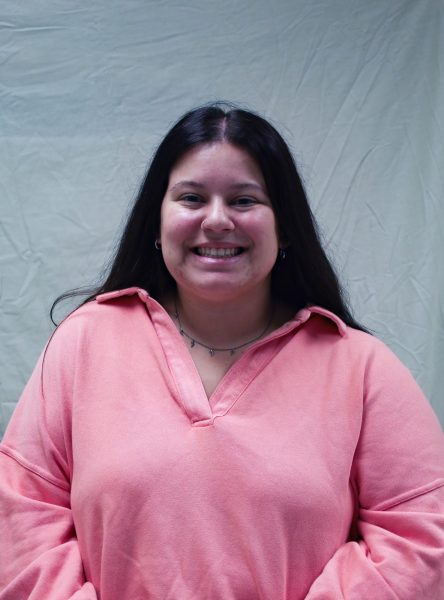An 18-year-old Michigan Tech student died after hitting a tree on Mont Ripley recently, and though Marquette Mountain hasn’t seen a death on its hill in 12 years, students still need to practice caution while skiing.
There is an average of 150 skiing accidents a year on Marquette Mountain and most of those could be prevented with safer skiing practices, said Matthew McKellar, a ski patrol member at Marquette Mountain.
Upon arrival at the ski hill, skiers can check daily trail status reports, which indicate runs that are open or closed and information regarding the forecast.
“I try to make it as safe as possible for the skiing public, whether it’s using bamboo to mark hazards or ribbons to open or close a hill,” McKellar added.
Good preparation before even getting on the hill will help ensure a skier’s safety, said Carolyn Venner, a sophomore undeclared major who has been skiing since the fifth grade.
Before she hits the slopes, she makes sure her gear is safe and that she has everything she needs, including extra layers in case it gets too cold.
Being properly dressed is an important measure to take into consideration when skiing, McKellar said.
“There’s no such thing as cold weather, just the wrong clothes,” he said.
Venner said it also helps to have the proper equipment.
“Skis have brakes on them to prevent you from just shooting down the hill and taking someone out and helmets obviously are very important to keep your head safe,” he added.
The ski patrol at Marquette Mountain strongly encourages helmet use while skiing, though it isn’t a rule, McKellar said.
Timothy Lutterman, an alumna of NMU, and avid skier, said that while helmets are an important asset, they are not the most crucial part of staying safe.
“If you make dumb decisions it’s not going to help you,” Lutterman said. “In the end, equipment can help but it’s not what’s going to save you.”
It is important for skiers to know their limitations; beginners shouldn’t be trying the most difficult hills or skiing into the woods, he said. He advised skiers to go with a partner so that someone is there to help in case of injury.
“Know the rules of the hill; there is etiquette on the ski hill to avoid accidents. It’s up to you to avoid the [other skiers], not the other way around,” Lutterman said.
Skiers who understand their boundaries can avoid injury, McKellar said.
“The most common reason a person is injured is because he or she is fatigued-also people skiing out of their ability levels,” he added.
Another factor that can cause serious injuries while skiing is alcohol, McKellar said.
“Ski smart, just use your head. That encompasses everything from knowing your responsibilities and abilities, to not drinking, getting all tuned up and then crashing,” he said.
Venner agrees that using caution is a key ingredient to skiing safe.
“Most accidents happen. [because] people can be too careless or hug a cliff that’s way too big,” she said. “Make sure you’re in control of yourself.”
























